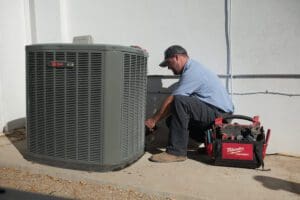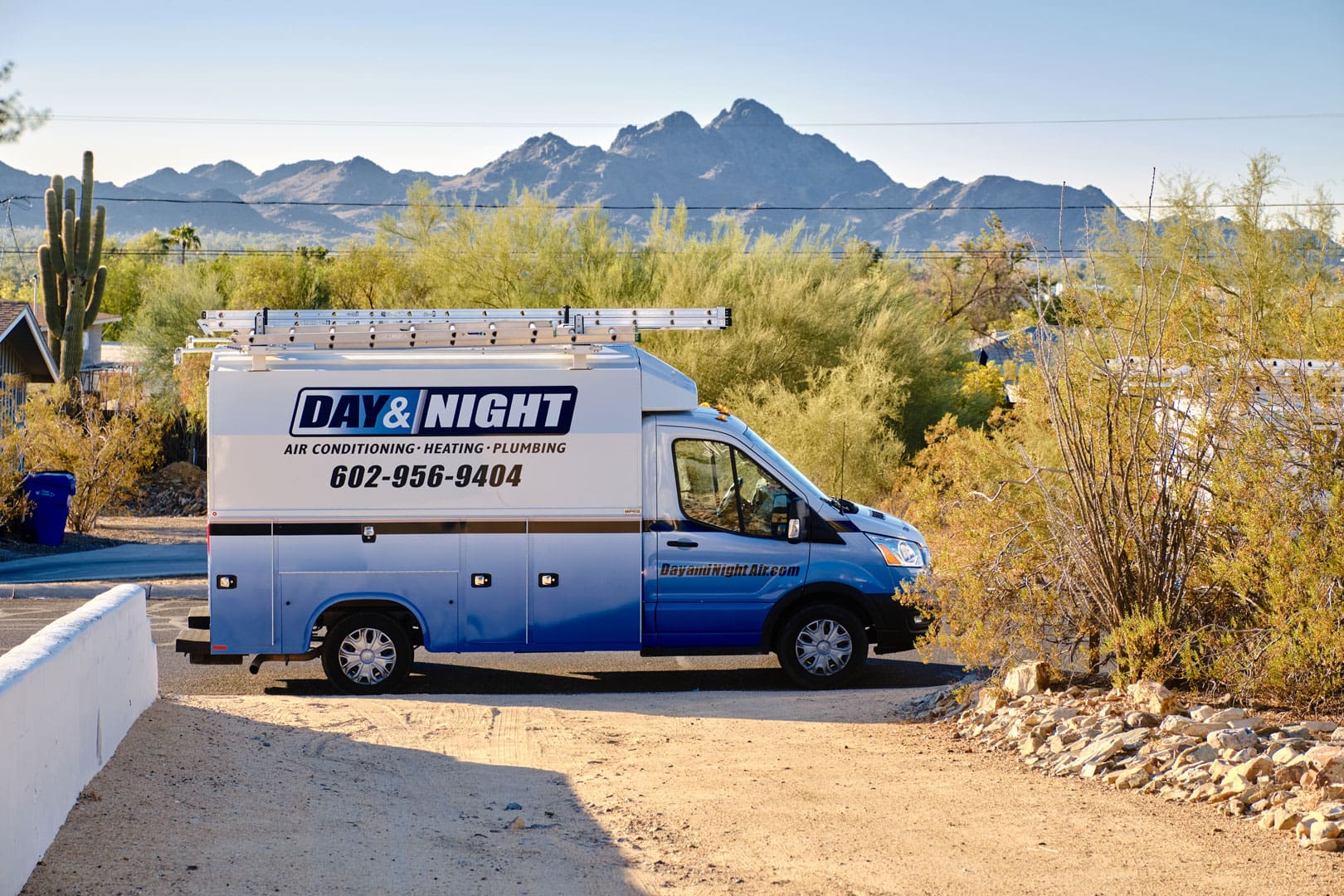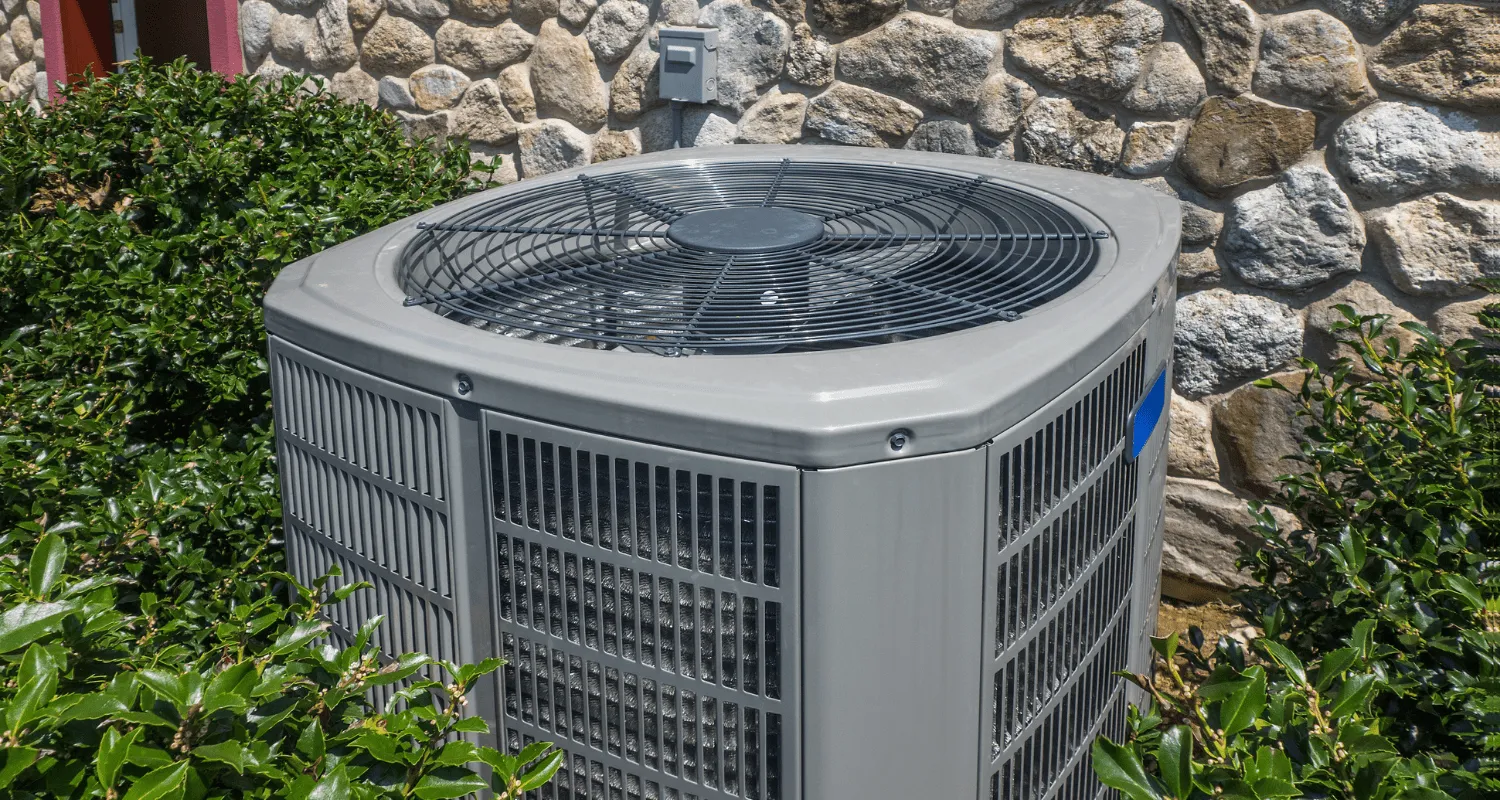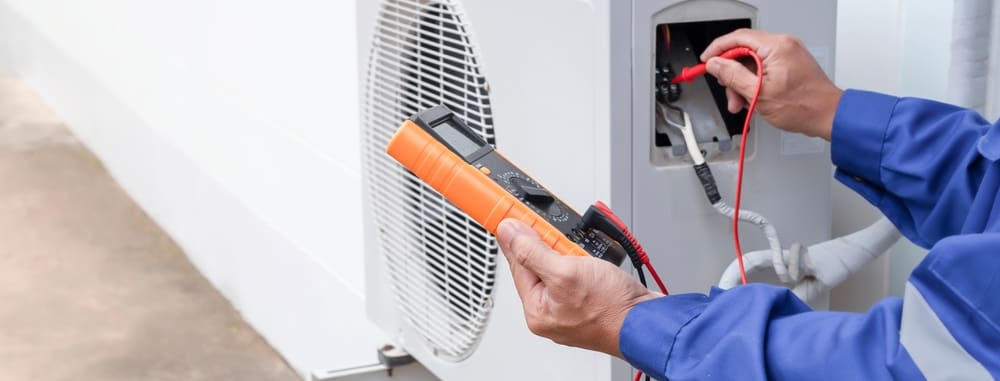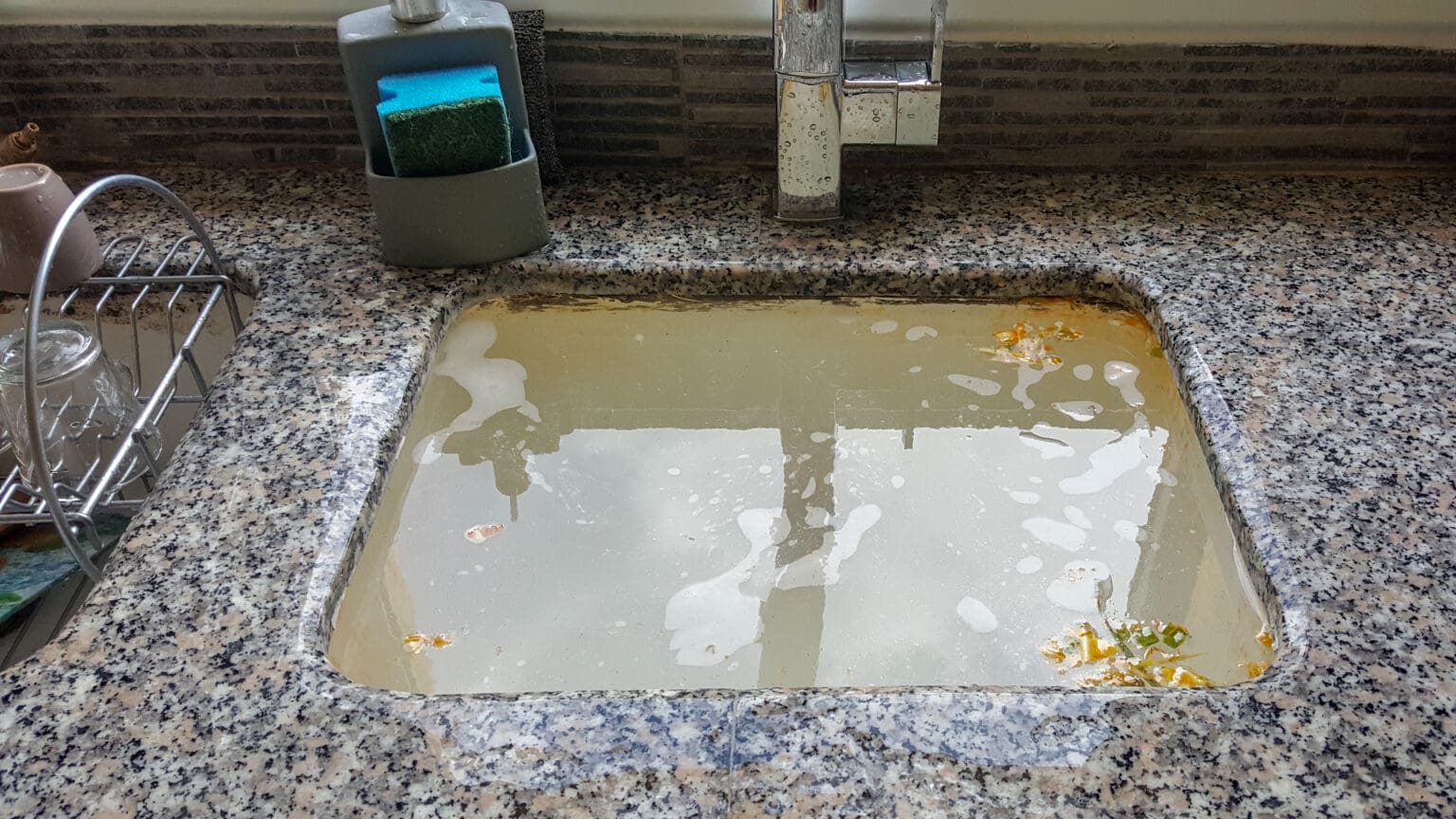For consumers purchasing a new AC unit, the first place they turn when researching efficiency is to the manufacturers’ SEER rating. The Seasonal Energy Efficiency Ratio is a metric used to measure the ratio of cooling output to the energy consumed. In theory, at least, the higher SEER rating of a unit means the greater energy efficiency you can expect.
Unfortunately, SEER ratings don’t give a completely accurate picture of energy efficiency. Much like miles-per-gallon ratings for automobiles, SEER ratings are determined under optimal conditions.
Let’s take a quick look at SEER ratings to understand a little about what they are, and another way of looking at energy efficiency that may be better at determining the best AC choice.
What is the Purpose of an A/C Unit Seer Rating?
Air conditioner SEER ratings are intended to be a measure of efficiency. Modern air conditioners all have SEER ratings of at least 13, and some can even be over 20. Compare this to older air conditioners from a few decades ago, which would receive a SEER rating of under 10. The Energy Policy Act of 2005 changed the minimum SEER rating for the United States to 13 because efficient A/C units were becoming so much more accessible.
As HVAC technology continues to improve, it’s taking less and less energy to keep a home cool and comfortable. While we generally recommend that people consider SEER ratings for new air conditioners, there are also a lot of other factors to think about. For one thing, the SEER rating might not even be the best measure of efficiency depending on where you live.
The Problem with SEER Ratings
SEER ratings were developed as a marketing term for the air conditioning industry by the manufacturers that make traditional, compressor-based air conditioners as a way to determine the efficiency of their products.
Unfortunately, SEER ratings do not give a completely accurate picture of energy efficiency. As a baseline, SEER measures performance at 82 degrees. Most units do not need a lot of power to cool space at that temperature. When you raise the baseline to 100 degrees, which is a much more realistic number in many areas during the summer, you lose a lot of equivalent air conditioning.
By increasing the temperature by 18 degrees, the unit’s cooling capacity decreases while energy consumption increases. So you may think you are getting an energy-efficient SEER rating of 13, but in fact, it’s much less.
A Better Energy Efficient Solution
A more accurate way to determine efficiency is using the Energy Efficiency Ratio. EER is calculated by taking total BTU of heat rejected, or actual cooling per hour, and dividing it by the watts of electricity used to reject the heat. The main difference is the SEER is calculated for a controlled environment, whereas EER takes seasonal variations into account. That means the EER value can vary depending on the temperature and humidity of where the unit is located.
EER Vs. SEER Rating
We definitely recommend that residents of Phoenix or other hot areas of Arizona think about EER. Don’t try to compare an EER to a SEER rating, though, because these are two different measurements. Both of these ratios do get higher as units get more efficient, but you won’t get any accurate information by trying to compare them. Always compare SEER to SEER or EER to EER.
Get the Highest Quality Air Conditioning Units in Phoenix with Day & Night Air!
When you live in Scottsdale, Glendale, Chandler, or any of the surrounding areas, you need an air conditioner that can keep your home cool even when temperatures are over 100°F. Here at Day & Night Air, we’re authorized Trane distributors. We believe the rigorous testing this brand puts its equipment through makes it a good choice for people living in the intense heat here in the Valley.
All of the state of the art A/C units we install are built to last. You can expect them to run efficiently and last for a long time, especially when you keep up with your air conditioner maintenance. Since we all live and work in the Phoenix area, we have a lot of experience finding the best systems for all kinds of different homes. Contact us today to save money on utility bills and keep your home comfortable all year long.

